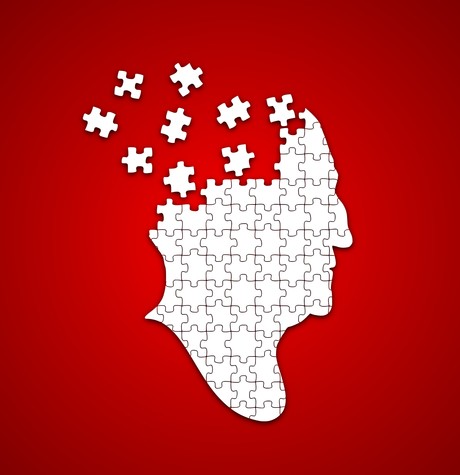Building a future-ready workforce

Australia’s education and training system needs to skill up as businesses prepare for the challenges of digital transformation, according to a report by the Australian Industry (Ai) Group.
The report suggests the changes needed in our education and training system that will help deliver the economic benefits of the rapidly changing business environment.
“Businesses are becoming increasingly alert to the fact that their business model could be upturned overnight,” Australian Industry Group Chief Executive Innes Willox said.
“Automation, sensor technology, artificial intelligence and big data were once largely confined to manufacturing but are now having a transformational impact across the economy. Major technological advances are changing the nature of the link between technology and work.
“It is clear that this digital change is outpacing the capabilities of our education and training institutions.”
This means workers will need different skills, not just more skills, according to the Ai Group. To date, digital transformation has mainly created jobs for highly skilled workers in entirely new occupations and industries. The extent of the need for specialised advanced technology skills in companies will be dependent on the nature of the business. It is of concern therefore that a large proportion of people still do not effectively use digital technologies at work or have adequate ICT skills.
In future technology-rich environments all companies will need: high skill workers who interact closely with technology; other workers who can shift their roles towards those activities that complement the functions machines are starting to perform in their place; workers with higher proficiency in literacy, numeracy, problem solving, critical thinking and analytical skills, according to the group. When everybody’s job is likely to change to some degree, the characteristics of agility, resilience and flexibility in people will be the key to successful organisations. It will be the most adaptable companies that benefit the most from digitalisation. They will be able to thrive in complex, unpredictable digital environments.
“Ai Group’s report also includes advice for businesses planning for the future such as regular upskilling of their workforce to adapt to requirements of the digital economy and investment in research and development. Work practices also need review as automation transforms entire business processes.
“The digitisation of our economy is gathering pace and is becoming a disruptive moment in our history as we move deeper into what is becoming known as the fourth industrial age. This can be a positive if all parties play their part in developing the capabilities we need for the future,” Willox said.
Digital transformation will create new markets and new jobs, according to the report. “While some existing jobs may need to be reshaped, if adopted successfully and combined with positive organisational change and effective managerial practices, digital transformation itself will not necessarily be negative to the workforce. In the past, the technological developments that destroyed jobs created higher levels of income, which tended to create more jobs overall. Even when machines do take over some human activities, this does not necessarily spell the end of the jobs in that occupation.
“The number of jobs at times increases in occupations that have been partly automated, as overall demand for their remaining activities has continued to grow. But new skills and processes will need to be adopted by the workforce to adapt to the changes from automation.”
The report advises businesses to take the following steps to prepare:
Develop a strategy plan
Identify where automation could transform the organisation and plan the migration through a digital strategy which includes the digital skills capability of your workforce.
Review work organisation
Review the organisational changes needed as automation upends entire business processes. Organisational cultures must view automation as a reliable productivity lever.
Develop leaders and managers
Companies will need to develop the right management skills. Successful managers will be able to cope with complexity by being able to learn and adapt to changing circumstances, to take risks and to engage in restructuring. Companies and workers need to be provided with greater opportunities for new skilling whenever required as a result of constant new technologies and change. This includes micro-credentials and lifelong learning initiatives.
Form partnerships
Link with local universities, vocational education and training providers, and schools in projects and activities suited to your business to shape the skills you need, and to inject fresh ideas to the company.
Re-skill your existing workforce
Regularly upskill your workforce to adapt to requirements of the digital economy.
Research and development
To remain competitive companies must participate in innovative practices including collaborating with research organisations in this process.
Government support
Companies need to stay aware of government initiatives and investments that assist in preparing for digitalisation and access them.
Upskilling for the energy transition
In this interview, Anthea Middleton, CEO of Powering Skills Organisation, discusses the pathways...
Should businesses choose in-house or third-party manufacturing?
Companies must evaluate their specific needs, goals and capabilities before committing to a...
Focus on Chris Mattner
From being expelled from high school to leading a trailblazing South Australian electrical and...



